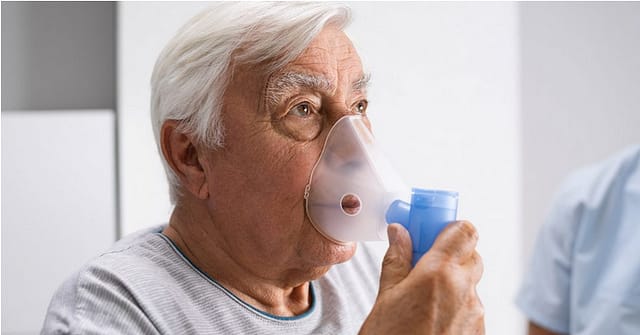World COPD Day 2023: Many parts of northern India are shrouded in smog, making breathing difficult and even triggering health conditions. As air pollution becomes an annual affair at the outset of winter in many areas of the country, there’s a need to take proactive and protective steps to guard our health against the blanket of smog and toxic particles in the air. Research posits that exposure to air pollution on a long-term basis can contribute to the developing of some lung conditions. Even children are vulnerable to the ill effects of pollution. In addition, the human body typically suffers from the impact of smog from head to toe. These conditions will ultimately lead to lung damage and increased mortality and morbidity. Pregnant women, older adults, those with existing lung diseases, and senior citizens are more vulnerable and must take care of themselves.
- Lung-friendly nutrition: Consume immune-boosting and lung-healthy foods, including apples, walnuts, broccoli, beans, berries, papaya, pineapple, kiwi, cabbage, carrots, turmeric, green leafy vegetables, and ginger. Avoid processed, junk food, fried, fatty, canned, and processed foods high in additives, preservatives, and artificial flavours since they can irritate the throat and upset your metabolism.
- Avoid exercising when it is polluted: Jogging or walking outside in polluted air can lead to respiratory issues. One must refrain from exercising outdoors if the AQI is above 100. People suffering from COPD, asthma, and bronchitis should significantly limit outdoor activities. You can work out at home by walking, aerobics, Zumba, lifting weights, doing ladder exercises, or practising yoga.
- Breathing exercises to the rescue: To improve lung capacity, try to include breathing exercises, like pranayama, in your everyday life. Then, you can seek the assistance of a professional who will guide you through the proper breathing techniques. For example, try deep diaphragmatic breathing and pursed lip breathing techniques to build lung capacity.
- Wear a mask when going outside: Use an N95 pollution mask or a valve when you go outside. You may also hide your face when going outside. Additionally, try to stay indoors when there is haze or excessive air pollution before buying a mask, and research whether it is a particle-filtering mask.
- Use an air purifier if possible: Do not use incense sticks inside the home. Do not use mosquito coils either during this time. Instead, use an air purifier in its place. They can help you breathe relatively cleaner air while air quality outside is unsafe.
- Don’t smoke: If you smoke, consider quitting or reducing. If you do not, limit your exposure to cigarette smoke in public places and try to wear a mask indoors and ventilate if you are on the receiving end of passive smoking.
- Keep yourself and your home clean: Please wash your hands occasionally to keep them sanitary and germ-free. Regularly clean the house using a vacuum. Avoid overusing carpeting in the home.
- Stay hydrated: Drink a lot of water to clear your airways and guts during this time. Take a steam in your airways, but with caution, especially around children.

